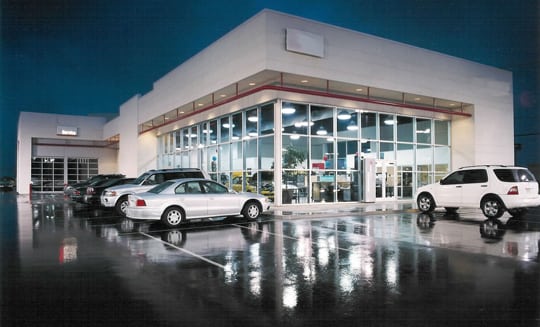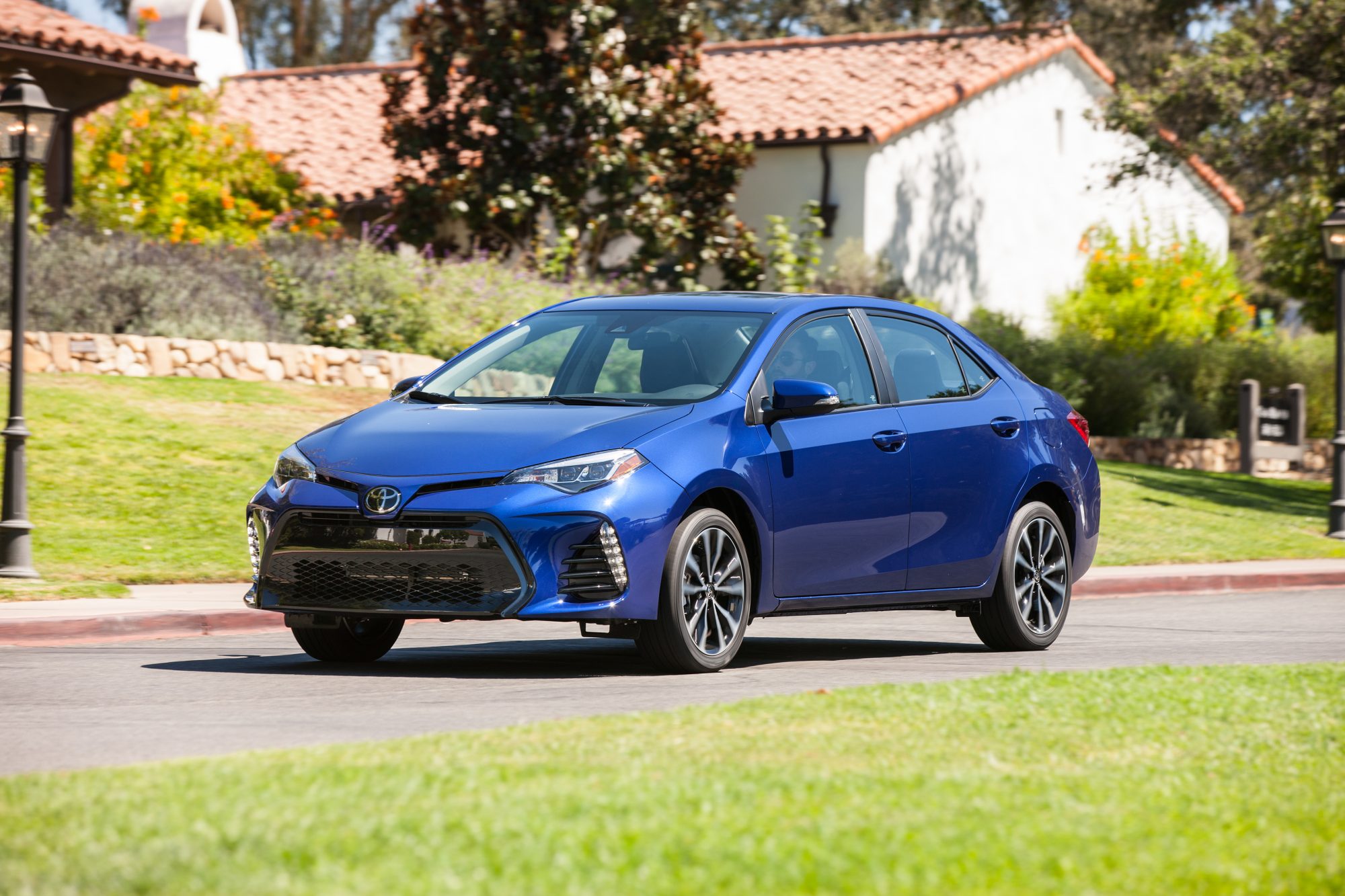It is estimated that more than 16 million people in the United States will purchase a new or used vehicle in 2019. With that number of potential customers, individuals with auto industry experience and some business savvy may consider opening a licensed auto dealership. Having a business in the auto industry takes some up-front work, however, along with a solid understanding of the requirements that need to be met in order to be properly licensed to sell vehicles. If you’re thinking about becoming an auto dealer, here are the ten steps you need to follow to set yourself up for success from the start.
Understand the Financial Requirements
There are several financial aspects of starting an auto dealership, no matter how small or large the business may be. Auto dealers need to prepare for the expenses associated with operating their business, including business registration costs, licensing fees, insurance expenses, and inventory costs. Some auto dealers may also need to set aside funds or secure financing for a physical lot, which often represents a significant cost. On average, becoming an auto dealer may total between $30,000 and $200,000, depending on the size of the business and its location.
Decide on Dealership Type
In addition to understanding the costs, auto dealers must also make a decision on how they want to operate their business. Several options exist, from buying and selling new vehicles on a lot with a physical location to transacting car deals through a digital dealership. New auto dealers may have different licensing requirements for a new or used dealership, as well as one that operates online or in-person. Determining the type of dealership first is beneficial in calculating the cost of starting and running and business and the specific licensing requirements that may be needed in the process.
Create a Business Structure
Once a dealership type of determined, new auto dealers may want to develop a legal business entity through which vehicle transactions take place. Creating the right business structure depends on several different factors, including the size of the dealership and the number of employees it may have. Understanding the various types of business structures, including an LLC, an S corp or a C corp, can make the decision less daunting. Auto dealers may also get guidance from a business attorney or consultant who can recommend the best structure based on business needs.
Check State Licensing Criteria
In each state, auto dealers must have the appropriate license to sell new or used vehicles, whether their lot is digital or a physical location. The requirements for obtaining an auto dealer license vary depending on the location of the business, making it necessary for prospective dealers to do some research up front. Contacting the state’s Department of Motor Vehicles or business licensing department provides the criteria which must be met in order to obtain an auto dealer license.
Obtain Your Auto Dealer License
Once state requirements for an auto dealer license are understood, it is time to submit the necessary paperwork and application. In most states, an auto dealer license will require the following:
- Obtaining certain training and education for licensing
- Submitting to a background check
- Providing details of the business, including name and location
- For physical dealerships, meeting certain zoning requirements
- Providing proof of insurance and an auto dealer bond
- Submitting to a lot inspection
This process can be time-consuming, but knowing what is necessary in the beginning can help reduce delays in getting an auto dealer license.
Get an Auto Dealer Bond
Auto dealers must have an auto dealer bond in place as part of the licensing process. An auto dealer bond is a guarantee that the dealer will work in line with state laws, protecting customers from bad business practices. Getting a bond as an auto dealer is a relatively simple process, often completed online. The amount you pay for the bond depends on how much of a bond is needed in the state, as well as the strength of credit rating and other financial factors. An auto dealer bond will need to be submitted either with a licensing application or shortly after.
Create a Business Plan
Having a sound business plan is also an essential part of becoming an auto dealer. While it may not be required from a licensing or bonding perspective, a business plan is often needed for getting access to financing should it be needed in the future. This document describes the nature of the business, how it will be funded, marketing and sales goals, and financial projections over the next few to several years. Creating a business plan is also a smart way to get an idea of how the auto dealership will perform and what profit can be expected.
Secure Inventory
Whether a dealership is operating on a digital platform or a physical location, securing the right inventory of new or used vehicles is a must. Inventory for an auto dealership can cost tens of thousands of dollars, if not more, so this is an expense that must be built into the budget from the beginning. Auto dealers can work with financing partners and wholesale business to help build inventory over time instead of purchasing a large number of vehicles all at once.
Develop a Marketing Strategy
Several thousand auto dealers exist in the United States today, and more are coming on board each year. With this high level of competition, new auto dealers need to have a plan in place for marketing their business. The use of print ads and digital strategies including social media may be beneficial in getting the word out about a new dealership. Auto dealers will need to evaluate the potential customer base in the area where they plan to operate to determine the best-fit marketing strategy for the business.
Hire a Team
Finally, auto dealers need to have the right team on board to ensure a successful launch and continued profitability of the business. Hiring staff for a dealership often includes people with finance and credit backgrounds, sales men and women with some industry experience, and management to help everything run smoothly. Auto dealers can save both time and money by investing in strong hires from the start of the business, and encouraging ongoing training and professional development as the dealership grows.
 About the Author: Eric Weisbrot is the Chief Marketing Officer of JW Surety Bonds. With years of experience in the surety industry under several different roles within the company, he is also a contributing author to the surety bond blog.
About the Author: Eric Weisbrot is the Chief Marketing Officer of JW Surety Bonds. With years of experience in the surety industry under several different roles within the company, he is also a contributing author to the surety bond blog.







